Spring in wartime. Each day a milkman crosses the frontline on a donkey, dodging bullets to bring his precious wares to the soldiers. Blessed with good fortune on his mission, […]
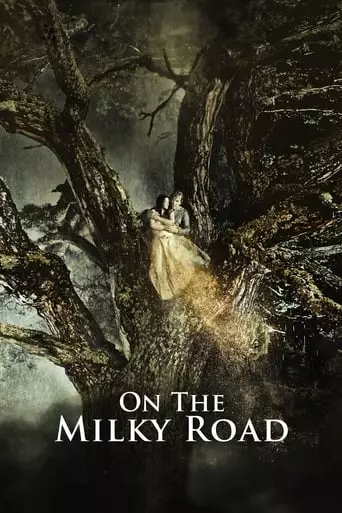
Spring in wartime. Each day a milkman crosses the frontline on a donkey, dodging bullets to bring his precious wares to the soldiers. Blessed with good fortune on his mission, […]
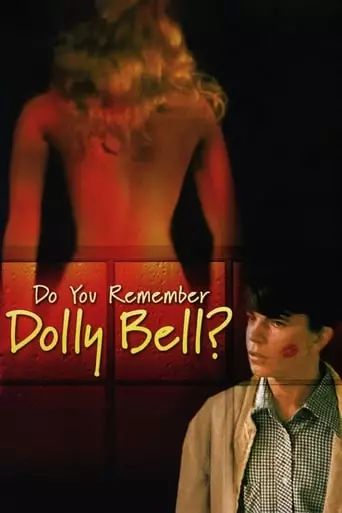
A young man grows up in Sarajevo in the 1960s, under the shadow of his good, but ailing father, and gets attracted by the world of small-time criminals.
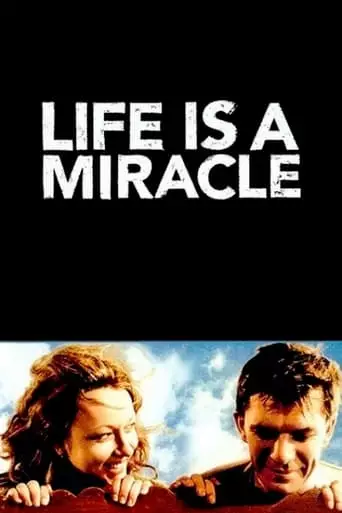
Set during the Bosnian war in the early 1990s, Luka is a mild-mannered railway clerk whose life is turned upside down, not just by the outbreak of the war, but […]
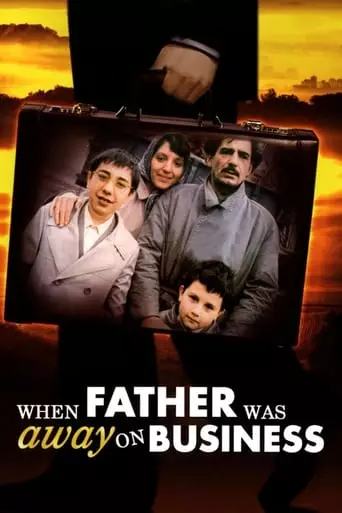
Tito’s break-up with Stalin in 1948 marked the beginning of not only confusing, but also very dangerous years for many hard-core Yugoslav communists. A careless remark about the newspaper cartoon […]

An Innuit hunter races his sled home with a fresh-caught halibut. This fish pervades the entire film, in real and imaginary form. Meanwhile, Axel tags fish in New York as […]
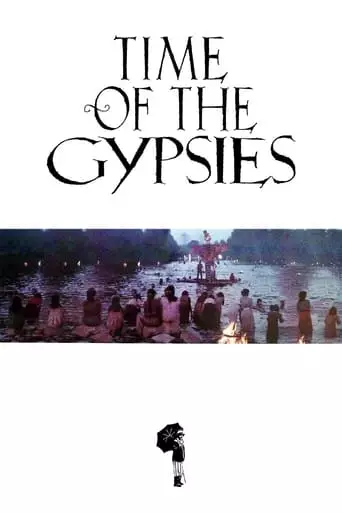
In this luminous tale set in the former Yugoslavia, Perhan, an engaging young Romany with telekinetic powers, is seduced by the quick-cash world of petty crime that threatens to destroy […]
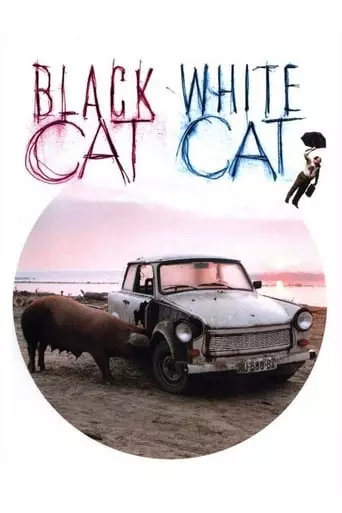
Matko is a small time hustler, living by the Danube with his 17-year-old son Zare. After a failed business deal he owes money to the much more successful gangster Dadan. […]
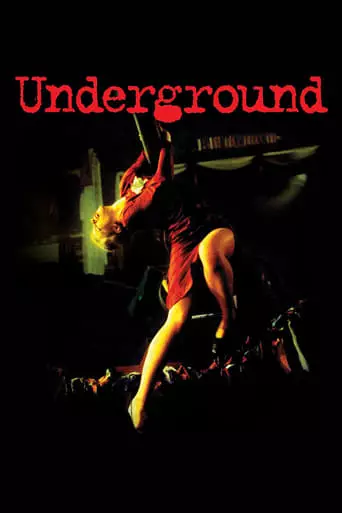
A group of Serbian socialists prepares for the war in a surreal underground filled by parties, tragedies, love and hate. Directed by Emir Kusturica, Underground is a satirical black comedy […]
Emir Kusturica: The Visionary of Balkan Cinema
Emir Kusturica, the acclaimed Serbian filmmaker, musician, and cultural provocateur, is one of the most distinctive voices in contemporary cinema. Known for his exuberant storytelling, vivid imagery, and deep engagement with Balkan culture and history, Kusturica’s work defies easy categorization. His films blend surrealism, folklore, and biting social commentary, creating an unparalleled cinematic style that celebrates the chaos and vitality of life.
Early Life and Education
Born on November 24, 1954, in Sarajevo, then part of Yugoslavia, Kusturica grew up in a culturally rich environment that would later deeply influence his work. He studied film at the prestigious Film Faculty of the Academy of Performing Arts (FAMU) in Prague, where he was exposed to the artistic traditions of European cinema, particularly the Czech New Wave.
His student films, including Guernica (1978), received early acclaim, setting the stage for a career that would bridge the local and the universal, the historical and the mythological.
Breakthrough with Social Realism
Kusturica’s feature debut, Do You Remember Dolly Bell? (1981), won the Best First Work award at the Venice Film Festival. The film, a coming-of-age story set in 1960s Sarajevo, reflected the turbulence and charm of Yugoslav life, establishing Kusturica as a filmmaker with a unique ability to capture human complexity.
He followed this with When Father Was Away on Business (1985), a poignant drama about family and political repression in post-World War II Yugoslavia. The film won the Palme d’Or at the Cannes Film Festival and earned an Academy Award nomination for Best Foreign Language Film, catapulting Kusturica to international fame.
The Rise of Magical Realism
In the late 1980s and 1990s, Kusturica’s films became increasingly infused with surrealism and magical realism.
Time of the Gypsies (1988): This extraordinary film about a young Romani boy with mystical powers was Kusturica’s first foray into magical realism. Shot in Romani, the film combined folklore, spirituality, and harsh social realities, earning Kusturica the Best Director award at Cannes.
Arizona Dream (1993): A foray into English-language cinema, this eccentric, dreamlike tale starred Johnny Depp, Faye Dunaway, and Jerry Lewis. While polarizing, the film showcased Kusturica’s ability to infuse his work with whimsy and absurdity.
Underground (1995): Perhaps his most ambitious film, Underground is a sprawling allegory of Yugoslavia’s tumultuous history, blending political satire with tragicomedy. It earned Kusturica his second Palme d’Or but also sparked controversy for its depiction of Balkan politics.
A Unique Cinematic Style
Kusturica’s films are renowned for their chaotic energy, vibrant visuals, and eclectic soundtracks, often featuring his own band, the No Smoking Orchestra. His characters, drawn from the fringes of society, navigate a world of absurdity and contradiction, reflecting the complexities of Balkan identity and history.
Recurring motifs in his work include family, love, betrayal, and survival, all explored through a lens that is both deeply personal and universally resonant. Kusturica’s blend of humor and pathos, combined with his ability to choreograph large-scale, carnivalesque scenes, creates a cinematic experience that is as entertaining as it is thought-provoking.
Controversies and Cultural Impact
Kusturica’s outspoken political views and depictions of Balkan history have sparked controversy, particularly regarding his portrayal of the Yugoslav Wars. Critics have accused him of bias, while supporters argue that his work reflects the complexities and contradictions of the region.
Despite the controversies, Kusturica remains a cultural icon. He has expanded his creative pursuits beyond filmmaking, directing operas and building Drvengrad, a traditional wooden village in Serbia that serves as a cultural and artistic hub.
Legacy and Continued Influence
Emir Kusturica’s films are not just stories; they are celebrations of life in all its chaos, humor, and tragedy. By combining the specificity of Balkan culture with universal themes, he has created a body of work that transcends borders and genres.
His ability to blend the fantastical with the real, the humorous with the tragic, ensures his place as one of the most innovative and influential filmmakers of his time. For audiences willing to embrace the exuberance and complexity of his vision, Kusturica offers a cinematic journey unlike any other.
Conclusion
Emir Kusturica’s career is a testament to the power of cinema as a medium for exploring identity, history, and the human spirit. Through his bold storytelling and unmistakable style, he has left an indelible mark on the world of film, proving that even in chaos, there is beauty.